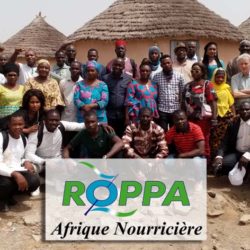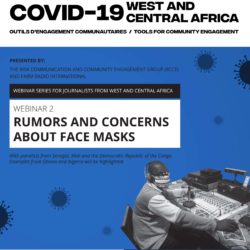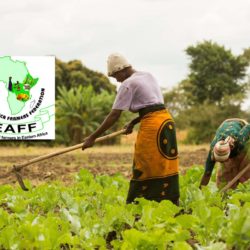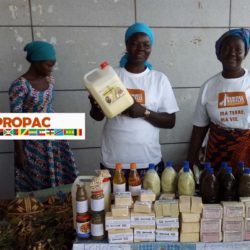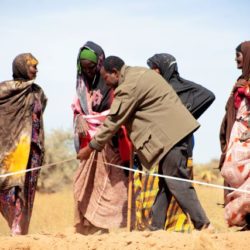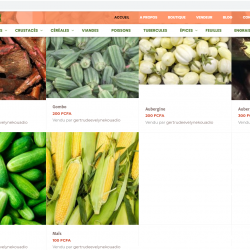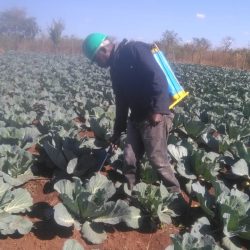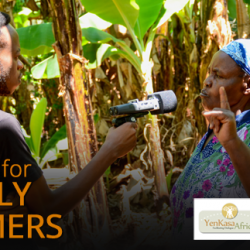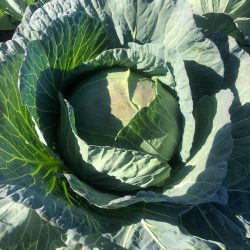ROPPA: Proud to support women, men, and youth working in agriculture across West Africa
For West African farmers, the Réseau des Organisations Paysannes et des Producteurs Agricoles de l’Afrique de l’Ouest, or ROPPA, is their champion. ROPPA is dedicated to building a West African farmer movement representative of all components of the rural world, so pride of place is reserved for women, men, and young people whose life and work are based on family farming systems. To ensure the safety of smallholders and family

